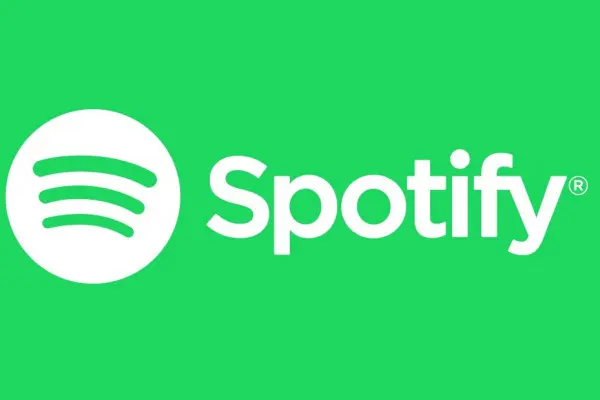
Spotify, the generous mega-corp that pays about $0.006 to $0.0084 per stream to music rights holders, says it paid too much to music publishers last year and wants its money back. The irony of this is that Spotify says it is entitled to recoup these funds under the new Copyright rules… that it is currently appealing and says are unenforceable.
Recently, the Copyright Royalty Board voted to increase songwriter payouts by 44% between 2018 and 2022. Under that new structure, streaming services must follow one of three payment models. The model that grants the highest payout to publishers is the payment structure that a streaming service must apply.
Under those rules, which are public and the calculations are defined, Spotify thinks it paid too much to publishers and wants its money back, even though the payments were Spotify's error. They released a statement: “According to the new CRB regulations, we overpaid most publishers in 2018. While the appeal of the CRB decision is pending, the rates set by the CRB are current law, and we will abide by them-not only for 2018, but also for future years in which the amount paid to publishers is set to increase significantly.”
Spotify plans to recoup the "over payments" by unilaterally garnishing future payments to publishers.
The statement and position is somewhat surprising, as Spotify, along with Amazon, Google, and Pandora, are trying to overturn the Copyright Royalty Board's decision via appeal. That is, Spotify is currently demanding its money back citing authority to regulations that it says should be overturned. David Israelite, the CEO of the National Music Publishers Association, issued a reply statement: “I find it so hypocritical for a digital service that is appealing the CRB decision to then take advantage of the parts of that decision that benefit it. I guess we shouldn’t be surprised.”